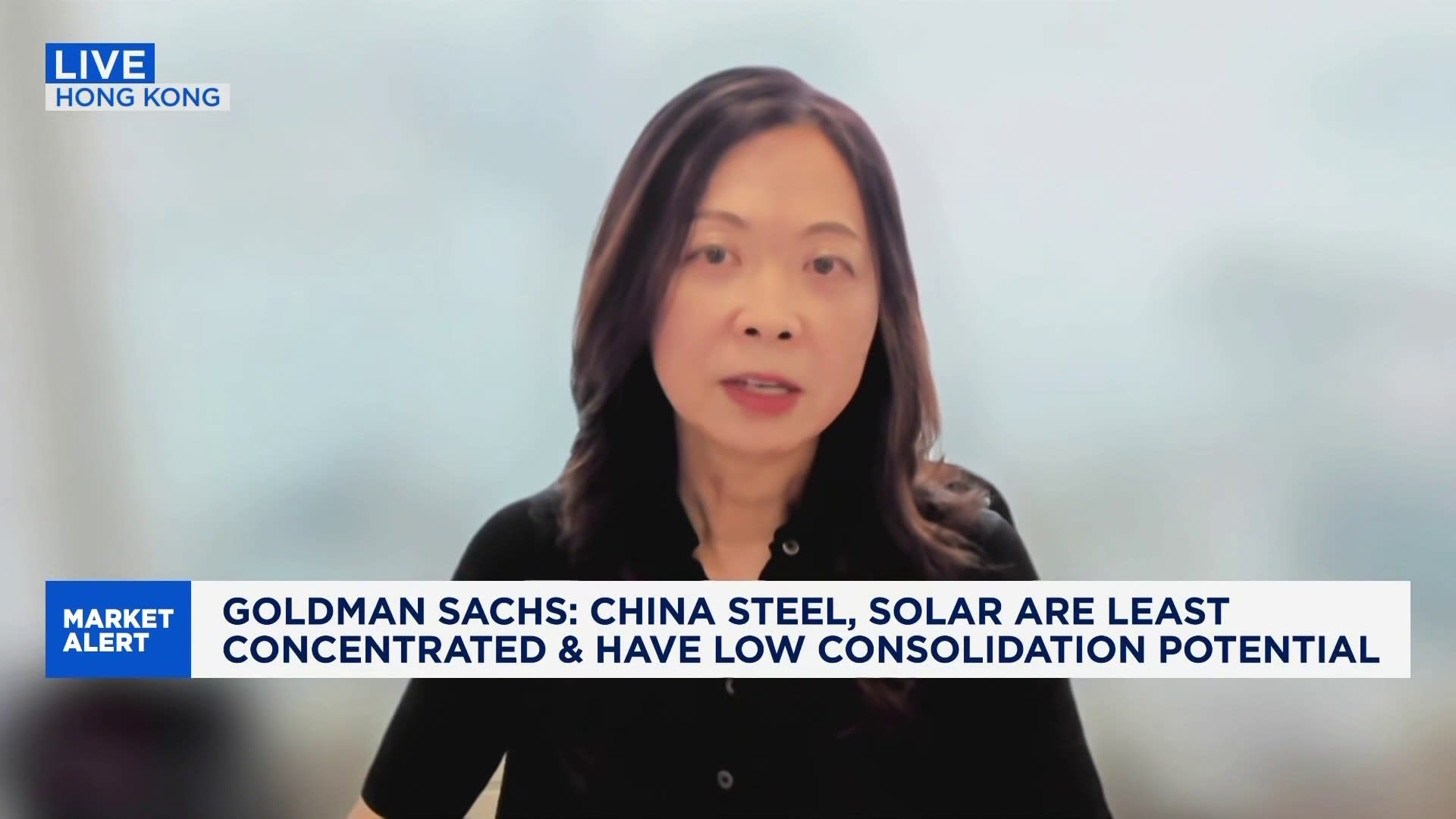Goldman Sachs Advocates Consolidation to Address China’s Overcapacity

Goldman Sachs has identified consolidation as the most effective strategy to tackle China’s ongoing overcapacity issues. The investment bank’s analysis suggests that a more streamlined approach could enhance productivity within the country’s manufacturing sector, which has been grappling with excess supply and declining demand.
China’s manufacturing industry has faced significant challenges, particularly in the steel and construction sectors. According to a report released by Goldman Sachs in June 2023, the persistent overcapacity in these industries has impeded economic growth and led to inefficiencies. The report highlights that consolidation could not only help address these issues but also stabilize prices, benefiting both manufacturers and consumers.
Understanding the Impact of Overcapacity
The International Monetary Fund (IMF) recently noted that China’s overcapacity is a critical concern, particularly as it seeks to transition toward a more sustainable economic model. This transition includes moving away from heavy industry and focusing on technology-driven sectors. Goldman Sachs emphasizes that consolidation could play a pivotal role in this shift, allowing struggling firms to merge or acquire others, leading to a more competitive landscape.
The steel industry, a major contributor to China’s overcapacity crisis, has been particularly hard hit. In 2022, the industry operated at an average capacity utilization rate of only 70%, well below the optimal level. Goldman Sachs predicts that consolidating smaller firms could lead to a more efficient allocation of resources, ultimately enhancing productivity and profitability.
Investment Strategies and Market Reactions
Investors are closely monitoring these developments, as consolidation could reshape the investment landscape in China. Analysts believe that successful consolidation efforts may attract foreign investment, which has been cautious in the face of economic instability. By streamlining operations and increasing competitiveness, the manufacturing sector could regain investor confidence.
Goldman Sachs also asserts that the Chinese government should play a proactive role in facilitating this consolidation process. Policies aimed at encouraging mergers and acquisitions, alongside financial incentives for companies willing to restructure, could significantly accelerate progress.
In conclusion, Goldman Sachs’ recommendations underscore the urgent need for effective solutions to China’s overcapacity challenges. By prioritizing consolidation and streamlining operations, the country could enhance its manufacturing capabilities and foster a more resilient economy. As the situation evolves, the response from both the government and industry leaders will be crucial in shaping the future of China’s manufacturing landscape.






